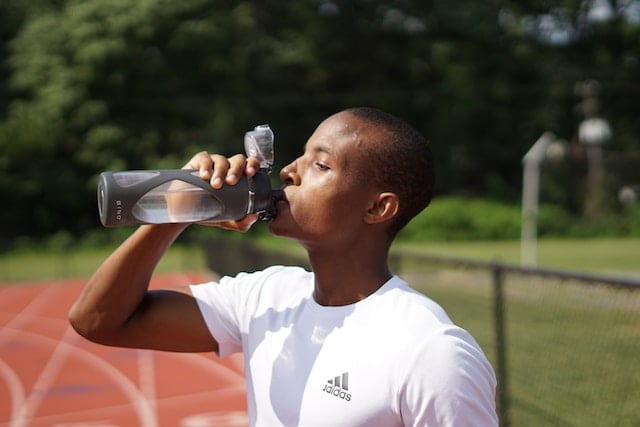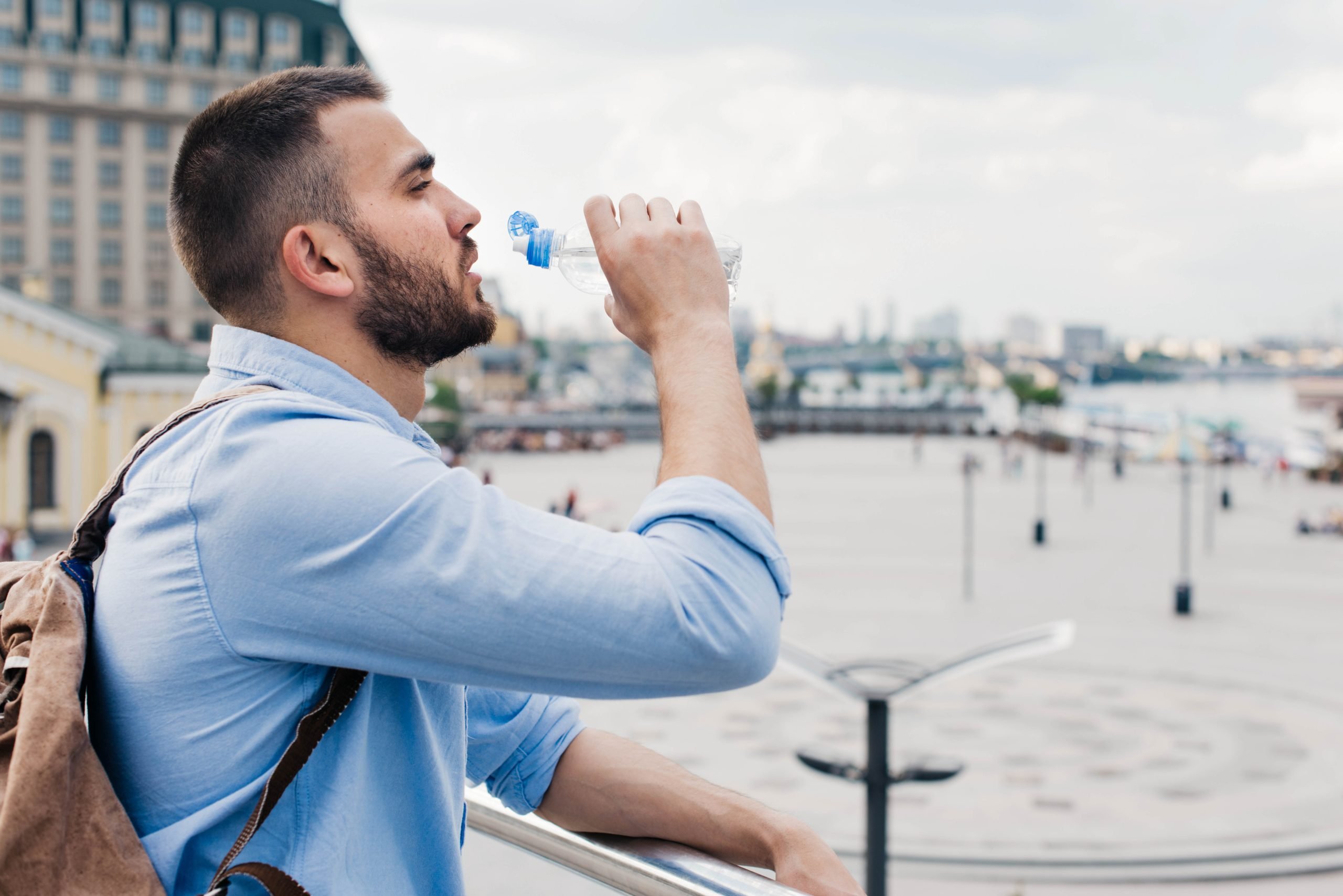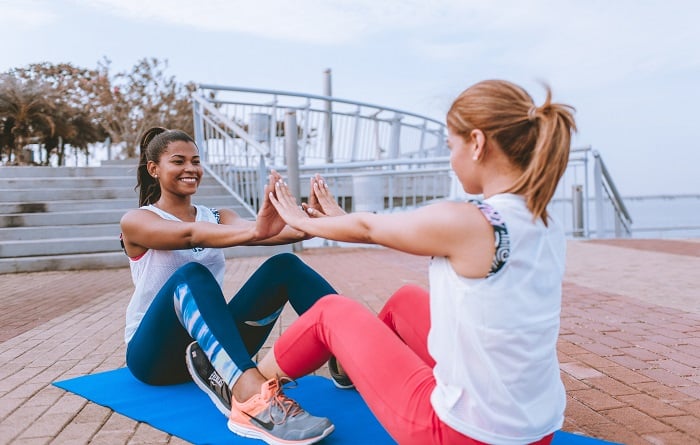
Ever wondered why staying hydrated is so crucial when you hit the gym or head out for a run? Well, it’s all about giving your body the right fuel it needs to perform at its best. Whether you’re lifting weights, doing yoga, or going for a jog, optimizing hydration for different types of exercise is key to helping you feel and perform your best.
In this article, we are gonna learn about the importance of staying hydrated and how to tailor your hydration strategy to suit your workout routine. Let’s keep those water bottles handy and explore the world of staying hydrated while breaking a sweat!
Understanding Hydration Needs

Before delving into specific strategies for different types of exercise, it’s crucial to grasp the fundamentals of hydration. The human body is primarily composed of water, making hydration vital for numerous physiological functions, including temperature regulation, nutrient transport, and joint lubrication.
During exercise, the body loses water through sweat, leading to dehydration if not replenished adequately. Factors such as exercise intensity, duration, environmental conditions, and individual sweat rates influence hydration needs.
Hydration for Cardiovascular Exercise
Cardiovascular exercises, such as running, cycling, and swimming, are characterized by sustained, rhythmic movements that elevate heart rate and breathing. These activities typically result in significant fluid loss through sweat.
For optimal hydration during cardiovascular exercise, it’s essential to start well-hydrated and maintain a steady intake of fluids throughout the session.
Water is generally sufficient for moderate-intensity workouts lasting less than an hour. However, for longer or more intense sessions, incorporating electrolyte-rich beverages can help replace lost minerals and enhance hydration.
Hydration for Strength Training

Strength training focuses on resistance exercises aimed at building muscle strength, endurance, and mass. While the fluid loss through sweat during strength workouts may not be as pronounced as in cardiovascular activities, adequate hydration remains crucial for optimal performance and muscle function.
Hydrating before strength training helps maintain fluid balance and supports muscle contraction. During the workout, sipping water between sets can prevent dehydration and sustain energy levels. Post-workout, replenishing fluids and electrolytes aids in recovery and muscle repair.
Hydration for High-Intensity Interval Training (HIIT)
High-Intensity Interval Training (HIIT) involves alternating between short bursts of intense exercise and brief recovery periods. HIIT workouts challenge the body’s anaerobic and aerobic systems, leading to rapid fluid loss through sweat and increased metabolic demands.
To optimize hydration during HIIT, focus on pre-hydration by drinking water or a sports drink containing electrolytes. During the workout, listen to your body’s cues and sip water during rest intervals to maintain hydration without causing discomfort. After the session, replenish fluids and electrolytes to support recovery and rehydration.
Hydration for Endurance Events

Endurance events, such as marathons, triathlons, and long-distance cycling, demand prolonged physical exertion over extended periods. These activities result in substantial fluid loss and electrolyte depletion, posing a risk of dehydration and hyponatremia (low sodium levels).
Proper hydration for endurance events involves a combination of pre-event hydration, on-the-go fluid intake during the activity and strategic electrolyte replacement. Hydration plans should be individualized based on factors like sweat rate, environmental conditions, and personal tolerance to fluids and electrolytes.
Hydration for Team Sports
Team sports like soccer, basketball, and rugby involve dynamic movements, sudden bursts of speed, and frequent changes in direction. Players in these sports experience high sweat rates due to intense physical exertion and often compete in varying environmental conditions.
Hydration strategies for team sports should prioritize pre-game hydration, with players consuming fluids and electrolytes in the hours leading up to the match.
During the game, access to fluids on the sidelines allows athletes to replenish lost fluids and maintain performance levels. Post-game recovery should include hydrating with water or sports drinks to replace fluids and electrolytes lost during play.
Hydration for Yoga and Pilates

While yoga and Pilates are low-impact exercises focusing on flexibility, strength, and mindfulness, proper hydration remains essential for supporting overall well-being and performance.
While the fluid loss during these activities may be minimal compared to more vigorous workouts, staying hydrated helps optimize muscle function and mental clarity. Hydrating before a yoga or Pilates session primes the body for movement and promotes circulation.
Sipping water between poses or exercises ensures hydration without disrupting the flow of the practice. Afterward, hydrating with water or herbal teas aids in rehydration and relaxation.
Hydration for Outdoor Activities
Engaging in outdoor activities such as hiking, trail running, and rock climbing presents unique hydration challenges due to varying terrain and environmental conditions. When venturing into the great outdoors, consider the following hydration tips:
- Preparation: Before embarking on your outdoor adventure, ensure you’re well-hydrated by drinking water or electrolyte beverages.
- Pack Adequate Fluids: Carry a hydration pack, water bottles, or hydration reservoirs to stay hydrated throughout your journey. Plan to consume fluids regularly, especially in hot or high-altitude environments.
- Monitor Urine Color: Use urine color as a simple indicator of hydration status. Aim for pale yellow urine, indicating adequate hydration.
- Replace Electrolytes: Sweating during outdoor activities can lead to electrolyte imbalance. Consider carrying electrolyte tablets or sports drinks to replenish lost minerals.
- Hydrate Strategically: Take regular water breaks, especially during rest stops or at scenic viewpoints. Don’t wait until you feel thirsty to drink, as thirst may indicate dehydration.
- Post-Activity Rehydration: After completing your outdoor adventure, continue to hydrate to replace fluids lost during the activity. Opt for hydrating foods and beverages to support recovery.
By prioritizing hydration during outdoor pursuits, you can enhance your performance, endurance, and enjoyment of nature while minimizing the risk of dehydration-related issues.
Final Words
In conclusion, understanding the importance of hydration tailored to different exercises is crucial for optimal performance. Whether you’re hitting the gym, going for a run, or practicing yoga, staying properly hydrated enhances your endurance and overall well-being.
By adjusting your fluid intake based on the intensity and duration of your activity, you can maintain peak performance and ensure a more enjoyable workout experience. So remember, hydrate smartly, and feel the difference in your performance.
FAQs on Hydration for Different Types of Exercise
What are the hydration recommendations during exercise?
Hydration during exercise is crucial to maintaining performance and preventing dehydration. It’s recommended to drink water regularly throughout your workout, aiming for about 7-10 ounces every 10-20 minutes to replenish fluids lost through sweat and keep the body hydrated.
What are the 3 workout hydration guidelines?
Three essential guidelines for staying hydrated during workouts include drinking water before, during, and after exercise sessions. Pre-hydration ensures the body starts off with adequate fluids while sipping water during exercise prevents dehydration, and post-workout hydration aids in recovery by replenishing lost fluids and electrolytes.
Why is hydration important for exercise recovery?
Hydration plays a vital role in exercise recovery as it helps restore fluid balance, facilitates nutrient transport to muscles, and supports the body’s natural healing processes.
Adequate hydration post-exercise reduces the risk of muscle cramps, and fatigue, and promotes faster recovery, allowing you to bounce back quicker and perform better in subsequent workouts.


